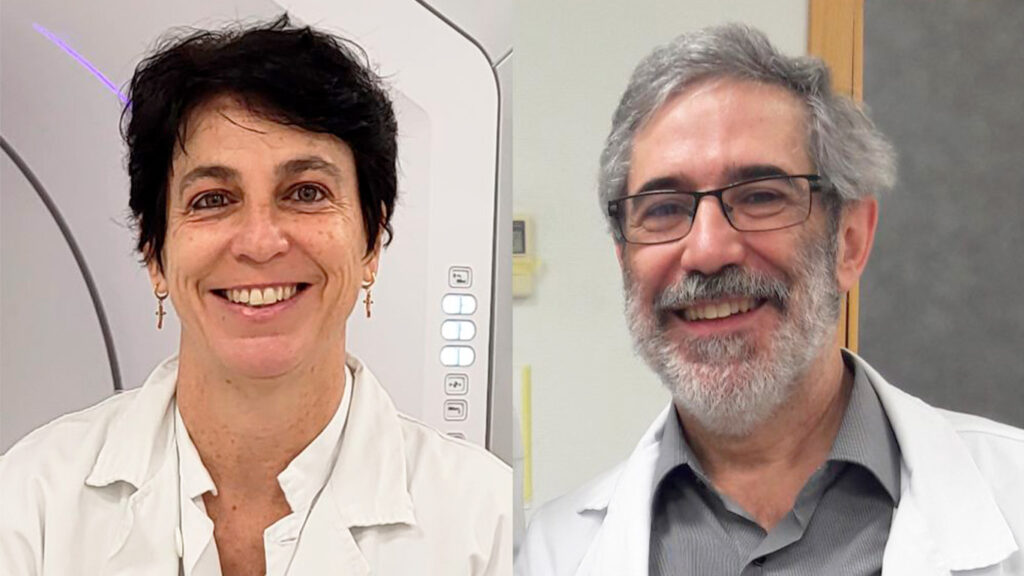Brachytherapy in patients with early-stage breast cancer tumors and after conservative surgery is faster and has fewer side effects for patients than conventional radiotherapy. This is the main conclusion of an international study published in the scientific journal ‘The Lancet Oncology‘ in which 16 hospitals from all over the European continent have participated, including the Catalan Institute of Oncology (ICO), the Bellvitge Institute of Biomedical Research (IDIBELL) and the Valencian Institute of Oncology (IVO).
This study analyzed 1,328 patients with an initial breast cancer tumor who, after breast-conserving surgery, were randomly treated with complete irradiation of the entire breast (conventional radiotherapy) and with brachytherapy with plastic tubes, irradiating only the surgical bed (around where the tumor was). After a 10-year follow-up, the initial objectives of the study have been met: to demonstrate that local control can be maintained and thus minimize side effects.
Easier treatments with fewer side effects
The main conclusion is that treatment with brachytherapy for only 4-5 days is faster compared to the 30 sessions that are carried out with external radiotherapy and that last 6 weeks. This is already a benefit for the patient, but it is not the only one since brachytherapy has fewer side effects on the skin, the rest of the breast tissue is not affected and the lung and heart receive less irradiation. This minimizes discomfort for patients and improves their well-being, reducing the risk of long-term complications.
For the clinical head of the ICO Brachytherapy Unit in Hospitalet and IDIBELL researcher, Cristina Gutierrez, “this study is important because it shows that both external radiotherapy and brachytherapy are safe and effective, since both treatments are equivalent at the level of local control, but, in addition, patients treated with brachytherapy have fewer side effects” and adds “this study contributes to publicizing brachytherapy in breast cancer”.
For his part, the head of the IVO’s Radiation Oncology Service, José Luis Guinot, highlights that “this is the first study worldwide that has shown that partial irradiation of the breast (instead of irradiating the entire breast) is the treatment of choice for operated patients with low-risk tumors. With ten years of follow-up, the initial results are confirmed, consolidating this change of approach that benefits thousands of patients with the most frequent type of cancer in women”.
The Bellvitge Biomedical Research Institute (IDIBELL) is a biomedical research center created in 2004. It is participated by the Bellvitge University Hospital and the Viladecans Hospital of the Catalan Institute of Health, the Catalan Institute of Oncology, the University of Barcelona and the City Council of L’Hospitalet de Llobregat.
IDIBELL is a member of the Campus of International Excellence of the University of Barcelona HUBc and is part of the CERCA institution of the Generalitat de Catalunya. In 2009 it became one of the first five Spanish research centers accredited as a health research institute by the Carlos III Health Institute. In addition, it is part of the “HR Excellence in Research” program of the European Union and is a member of EATRIS and REGIC. Since 2018, IDIBELL has been an Accredited Center of the AECC Scientific Foundation (FCAECC).

